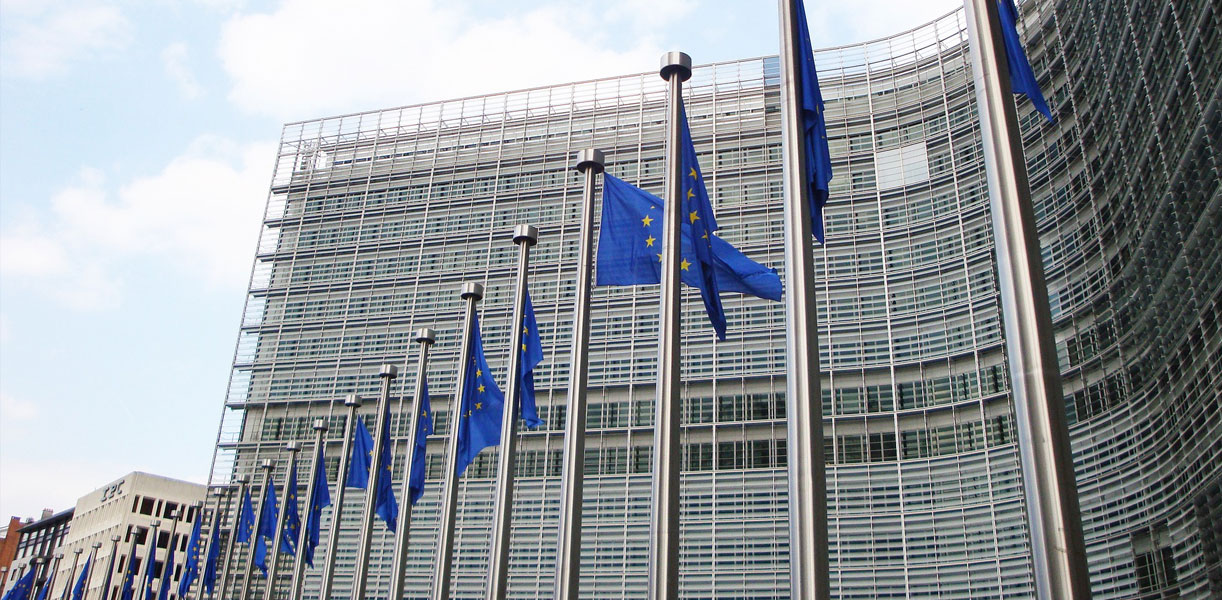Investment in the renewables sector can provide major benefits in terms of the competitiveness of EU industry, as well as providing a major boost for jobs and growth, according to a new two-part study published today by the European Commission’s Directorate-General for Energy. Highlighting the significant economic contribution that renewables are already providing, the study identifies a number of potential solutions to bottlenecks and administrative hurdles that would provide an even greater boost to certain sectors.
The first part of the study focuses on the competitiveness of renewable energy technologies within the heating and cooling industry. It estimates that the four main renewable heating and cooling solutions (biomass, biogas, heat pumps and solar-thermal segments) already account for more than 650 000 full-time jobs and accrued a combined turnover of EUR 67.2 billion in 2017 – that’s close to half of those working in renewable energy sector in the EU (1.4 million) and equivalent to 43% of the overall renewables turnover (EUR 155 billion in 2017)
The second part of the study examines the competitiveness of corporate sourcing of renewables, which saw significant growth in 2018. The results show that corporate sourcing of renewables improves the competitive advantage of European companies, but that they face a number of barriers when trying to source renewables This assessment shows that if EU-based industrial and commercial companies committed to source renewable electricity to meet 30% of their total demand of electricity by 2030, then the EU renewable energy sector would generate more than €750 billion in gross added value and over 220,000 new jobs.



